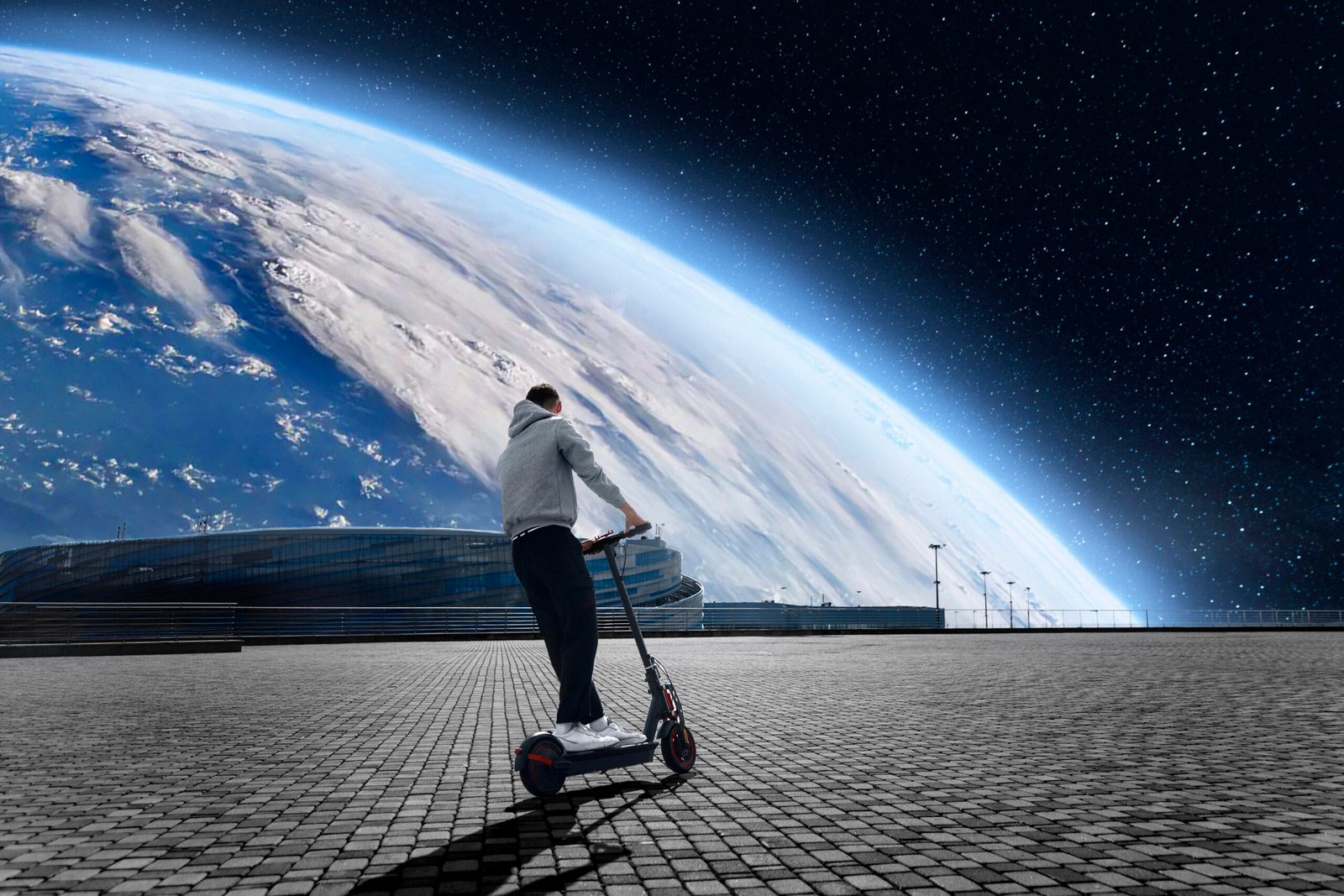Since the launch of Sputnik in 1957, space travel has witnessed a tremendous journey. Major developments in human exploration of the cosmos have been landing on the Moon and sending rovers to Mars. However, if we are going to proceed into the future, we need to ask ourselves, where is the next human destination? This article will explore some of the possible destinations and advances in space travel that are likely to shape our next steps into the universe.
Current Status of Space Travel
The excitement and innovation attached to the new space travel, with private companies like SpaceX, Blue Origin, and Virgin Galactic joining the space race and bringing new technologies to the table of exploration, is really making government agencies such as NASA and ESA move forward with ambitious missions and research projects, building blocks for future exploration and opening new possibilities on where humanity will go next.
The Moon: Next Destination on Earth
The Moon is not just another outer space body; it is actually a gateway for humanity’s next journey in outer space. Considering this in mind, NASA’s Artemis program plans to pave the way for having a sustainable presence on the Moon by the end of the decade. This process will comprise bases on the Moon and scientific research toward manned missions eventually going to Mars. Considering the closeness and resources available, the Moon is an excellent test location for technology and provides more learning about space travel.
Mars: The Ultimate Frontier
Mars has always been the source of curiosity for many scientists and dreamers alike. Because it is the most Earth-like planet in our solar system, humans will be able to reap the maximum benefit from any journey to this planet. NASA and SpaceX are in the process of attempting to send humans over to Mars in the coming decade. There is, however, much to be overcome before such a travel could be made possible. First comes the issue of long-duration space travel, next life-support systems, and last but not least, there is the problem of the grotesque Martian environment. Be it any of these, knowing how to overcome them is going to be very important for establishing a long-lasting human presence on the Red Planet.
Asteroids: Mining Opportunities
But besides planets, asteroids also hold some terrific prospects for exploration and even mining. Estimating millions of such asteroids exist in our solar system, they could provide metals and water very valuable. Therefore several companies, like Planetary Resources, investigate the possibilities of an asteroid mining process that could help Earth’s economy and make future space missions more plausible. The capacity to harvest resources from an asteroid will make a revolution in space travel and limit dependency on Earth-bound supplies.
Beyond Mars: The Outer Solar System
While it’s the most important target, the outer Solar system is home to an array of attractive exploration opportunities. Bodies in this subregion include moons that, like Europa and Enceladus, feature subsurface oceans where life could exist. Missions that will explore these icy worlds give reason for optimism concerning a biological life possibility. Moreover, the investigation into the real state of the gas giants Jupiter and Saturn could disclose the forming mechanism of our Solar system.
Space Habitats: Home in Space – The Future
The more people venture into space, the more relevant it will be to develop sustainable habitats. Space stations, such as the ISS, have given significant insight into life and work in microgravity. Advanced life support systems, recycling technologies, and sustainable sources of energy will be required for the next generation of long-term missions. The development of such habitats will be a crucial step toward colonizing other planets and moons.
Commercial Space Flight: The Emergence of Space Tourism
Commercial space flight disrupts the balance of space exploration. Privately-owned companies, such as SpaceX, Blue Origin, and Virgin Galactic, are pioneering space tourism, allowing non-governmental citizens to see space up front. This brings tremendous excitement over space travel and also funds further exploration. As space tourism becomes more accessible, it could actually build an entirely new industry that propels further missions and improved technology forward.
International Cooperation in Space
International cooperation will be the foundation of future space travel. Indeed, it is from such international cooperation that the most ambitious projects, such as the ISS, have come. Further journeys to more ambitious destinations must draw a collective pool of resources, knowledge, and expertise together. Some of the most notable international projects, such as the Lunar Gateway, can be described as collaborative tools for a sustainable presence in lunar and Mars exploration missions and beyond.
The Role of AI and Robotics in Space Exploration
Today, AI and robotics have become instrumental tools for traveling to space. From roving on Mars free of human guidance to analyzing and interpreting data, AI is crucial in all these steps. The future will hold AI in navigation, real-time processing of data, and decisions in exploring the universe. With advances in technology, the more sci-fi -sounding possibilities are reached, making distant travel relatively easy for humans.
Ethical Issues in Space Exploration
Space travel also involves a number of ethical issues that come into play as man reaches for the stars. The possibility of settling on other planets raises moral questions about our obligation to those heavenly bodies. Impacts on the native ecosystems, rights of indigenous life forms, and any resource extraction would have to be weighed and considerately thought out. Only with the development of some guiding ethical principles will responsible exploration of space and protection of its integrity be guaranteed.
Conclusion
All this constitutes an exciting future of space travel operating a presence on the Moon and Mars to deep-space exploration of the outer solar system to commercializing space tourism. Essentially, human journeys into the cosmos are just starting with all these as we explore new technologies and collaborate internationally. And now, more than ever, the stars await us, as curiosity and innovation are never bound by any particular limits of the sky.






